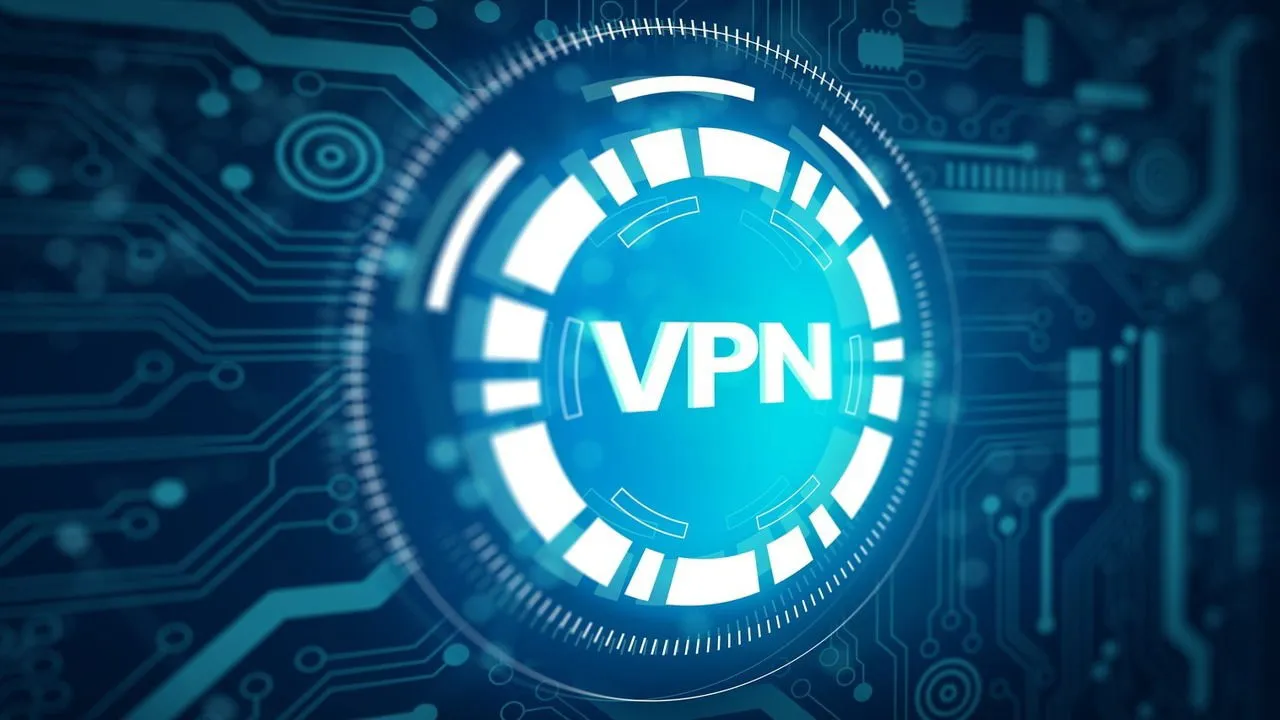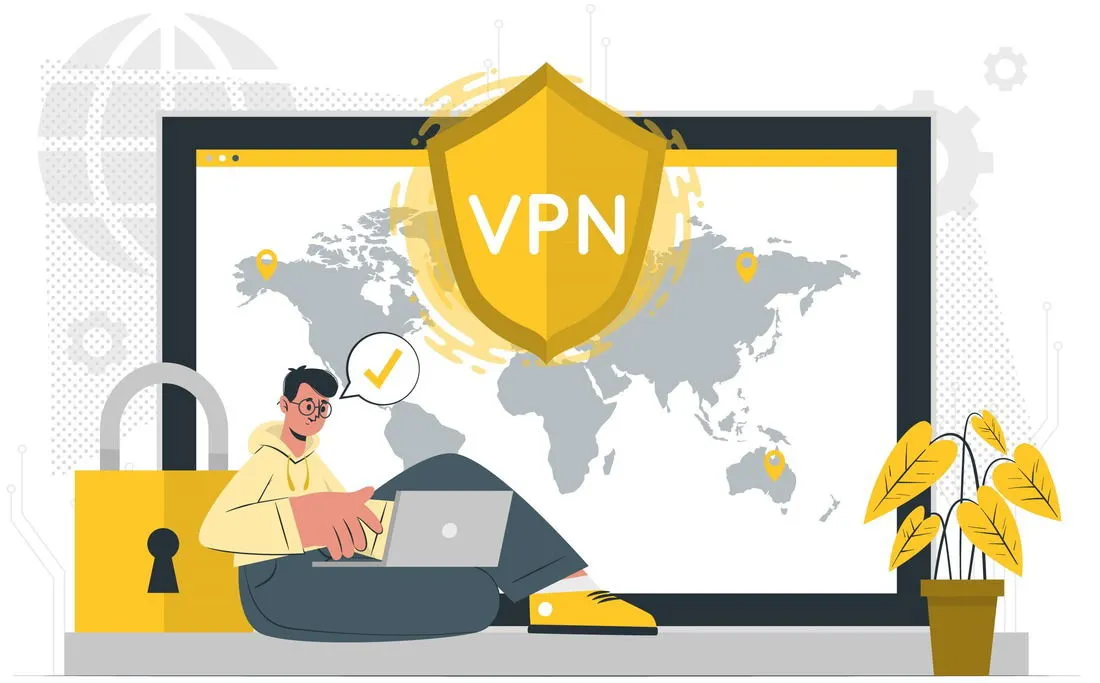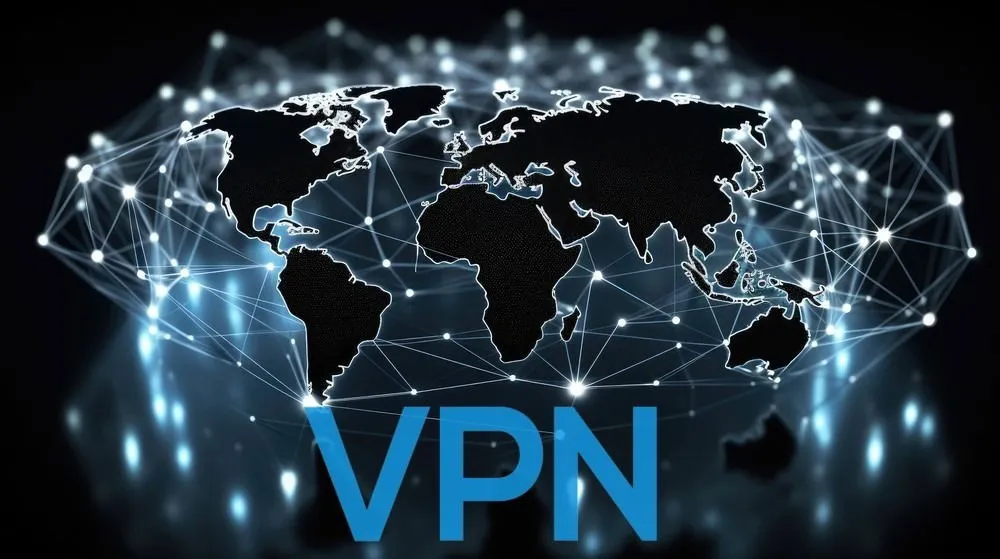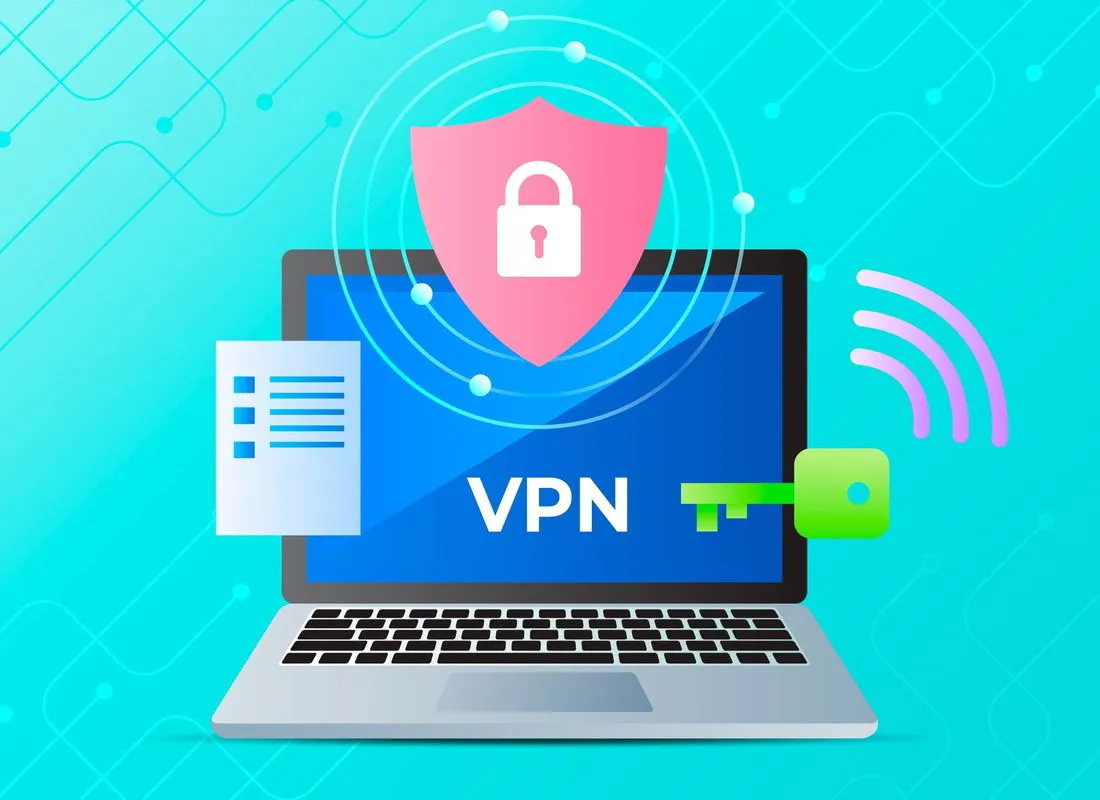Key Factors to Consider When Selecting a VPN Service


Virtual private networks (VPNs) are becoming increasingly popular for those seeking anonymity and security while browsing the internet. With a plethora of options available, selecting the right VPN can be challenging. This guide will assist you in identifying essential features to consider when choosing a VPN for personal or business use.
1. Encryption Protocols
VPNs primarily focus on encryption and privacy, so it’s crucial to choose providers that offer robust encryption protocols. Avoid VPNs with weak encryption, as they are easily compromised.

AES-256 is recognized as one of the strongest encryption standards employed by protocols such as OpenVPN, WireGuard, and IPSec. Ensure that your selected VPN supports multiple protocols, allowing you to opt for the best one according to your needs, such as OpenVPN for stability and WireGuard for enhanced speed.
2. Kill Switch
Disconnections can happen with any VPN. Reputable VPNs incorporate a Kill Switch feature that terminates your internet connection if the VPN disconnects unexpectedly, preventing your IP address from being exposed. Without this feature, you could unknowingly browse without the protection of the VPN.
3. Ad and Malware Blocking
In addition to encryption, effective online protection is now a standard feature in many reliable VPNs. Leading VPN services such as ExpressVPN, NordVPN, and Proton VPN provide features designed to block advertisements, trackers, and harmful websites.
Opting for a VPN that includes built-in ad and malware protection means you won’t need to install additional software for security. When seeking a VPN, inquire about its online protection capabilities and the types of threats it mitigates.
4. Download Speed
Your chosen VPN should ideally maintain a download speed range of 70-80% of your original speed. Anything less may hinder your online experience. If you’re using a VPN for activities like streaming on Netflix, subpar speed could lead to buffering issues.

Test the VPN’s trial version to evaluate its speed and connect to various servers, as server performance can vary widely. Utilize a trusted speed test website and check online reviews for user feedback regarding the VPN’s speed.
5. Server Locations
The quantity of servers in various regions directly impacts the VPN’s speed and your ability to access content. Generally, the closer a server is to your physical location, the better the connection speed. A plentiful selection of servers in the same region can also help avoid congestion from overloaded servers.
Opt for a VPN with a vast network of servers worldwide to ensure faster speeds and reliable access.
6. Bandwidth Limits
Select a VPN that imposes no bandwidth restrictions. Most reputable VPNs have no caps on bandwidth, even for entry-level subscriptions. Any indication of bandwidth limitations should raise concerns about the service’s reliability.
7. Split Tunneling
Look for the split tunneling feature, which allows users to designate which internet traffic is routed through the VPN and which accesses the internet directly. This feature offers a balance between security and speed, enabling you to protect sensitive activities like online banking while maintaining speed for activities like gaming.
8. Jurisdiction
The location of a VPN’s operations can significantly influence its privacy protections based on local laws. Opt for VPNs based in countries with stringent privacy regulations, such as Switzerland, Iceland, or Panama. ProtonVPN is an example of a Swiss-based service known for its strict privacy policies.
9. Zero-Knowledge DNS
DNS queries can reveal website visitation history. While most VPNs encrypt DNS requests to protect users from ISPs, the VPN itself may still access this data. A VPN with Zero-Knowledge DNS ensures that even the provider cannot track your DNS queries.

This is achieved by encrypting DNS requests directly to external resolvers, ensuring they don’t pass through the VPN’s DNS servers.
10. Other Considerations
Multi-Hop Feature
A VPN typically encrypts your data and routes it through a single server. With a multi-hop or double-VPN feature, traffic is routed through multiple servers, which enhances security, albeit at the expense of speed. While this isn’t a feature you’d use daily, it’s beneficial for high-security activities.
Torrenting Capabilities
If you plan to torrent while using a VPN, ensure that the service permits this activity. Some providers explicitly state they don’t allow torrenting, while others have dedicated servers optimized for P2P traffic, providing enhanced speed and security.
RAM-Based Servers
RAM-based servers do not store data permanently; all information stored on them is wiped when the server is turned off. This means VPN providers cannot retain any user data. While these servers tend to be more expensive, opting for a VPN that confirms the use of RAM-based servers can enhance your privacy. ExpressVPN, CyberGhost, and NordVPN are examples of VPNs utilizing RAM-based servers.
User Interface
A user-friendly interface is essential for easy navigation and server switching, especially when utilizing advanced settings like split tunneling, which may involve complex configurations. Testing a trial version can help you assess the user experience.
Number of Devices
Determine how many devices you intend to use with the VPN. If you require access for more than three devices, verify the device limit before committing to a subscription. A standard offering typically supports at least five devices, with many top-tier VPNs allowing up to eight.
User Reviews & Company Reputation
Prioritize researching the VPN provider’s reputation and privacy policies before entrusting them with your data. Performing a simple search like “Is (VPN name) reliable?”can yield valuable information. However, be cautious of reviews published on the VPN’s website, as these may be biased. Online forums like Reddit can be useful for gathering user experiences.
Most VPN services offer discounted rates for annual subscriptions; therefore, it’s crucial to conduct thorough research before committing long-term. By considering the factors outlined above, you can find a dependable VPN that meets your needs.
Image credit: Vecteezy


Leave a Reply